HGH (Human Growth Hormone)
$180.00
Growth hormone fuels childhood growth and helps maintain tissues and organs throughout life. It’s made by the pea-sized pituitary gland found at the base of the brain. After puberty, the pituitary gland gradually makes less growth hormone over time.
12 in stock
Human Growth Hormone (HGH), also known as somatotropin, is a vital hormone produced by the pituitary gland that plays a crucial role in growth and metabolism. It stimulates growth in children and helps maintain normal body structure and function in adults.
Functions of HGH
HGH (Human Growth Hormone) promotes growth by signaling cells in bones and cartilage to multiply, particularly during puberty. In adults, it aids in regulating metabolism, influencing how the body converts food into energy and maintaining healthy blood sugar levels through its interaction with insulin-like growth factor 1 (IGF-1).
Normal HGH Levels
HGH levels vary based on age, sex, and time of day. Normal ranges are approximately 0.4 to 10 ng/mL for adult males, 1 to 14 ng/mL for adult females, and 10 to 50 ng/mL for children. These levels can differ between laboratories.
Synthetic HGH Treatments
Synthetic forms of HGH are prescribed for specific medical conditions such as growth hormone deficiency in children and adults, Turner syndrome, Prader-Willi syndrome, chronic kidney disease, and muscle-wasting diseases associated with HIV/AIDS. These treatments are administered via injection under medical supervision.
Conclusion
Understanding HGH’s role is essential for recognizing its importance in both pediatric growth and adult metabolic health. Always consult healthcare professionals before considering any form of HGH treatment.
Add a review Cancel reply
Related products
Steroids
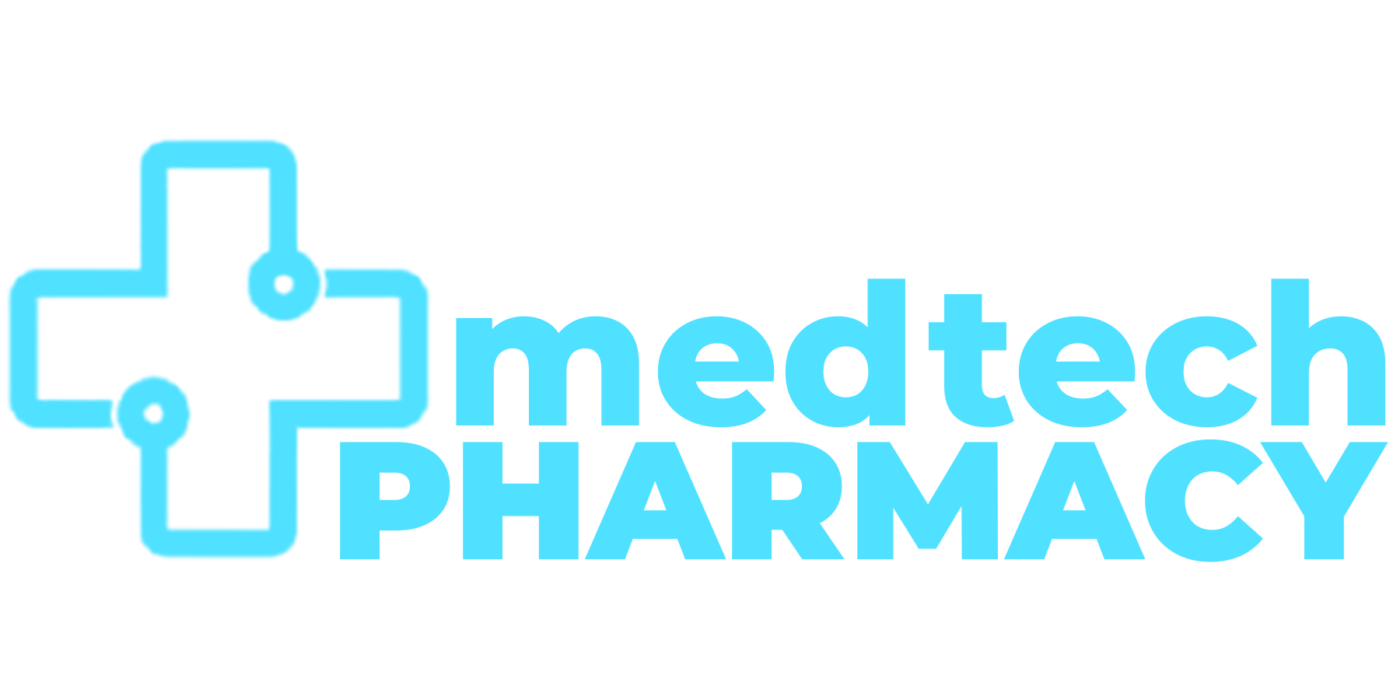

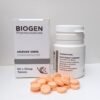
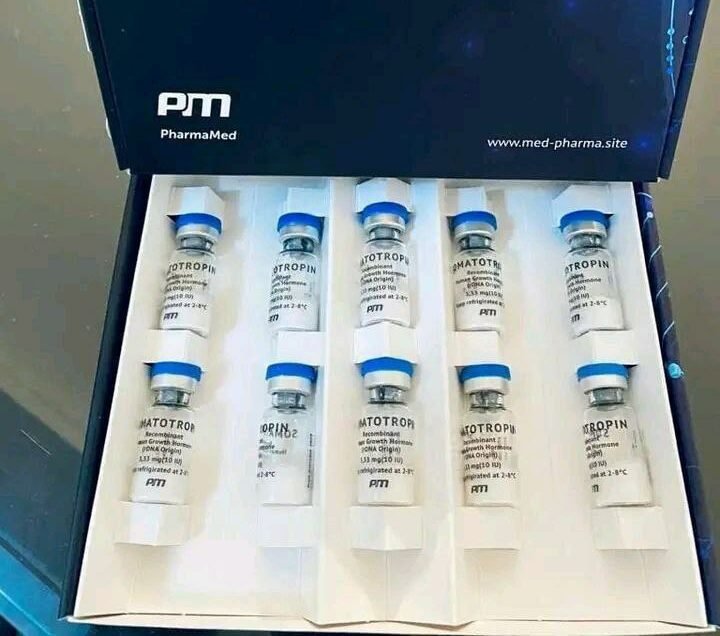

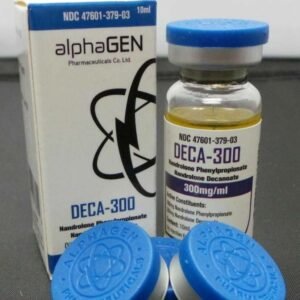
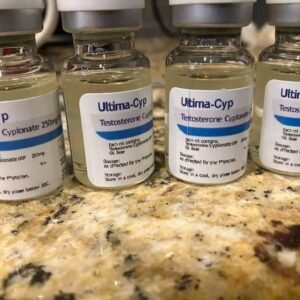
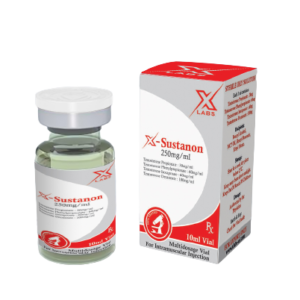
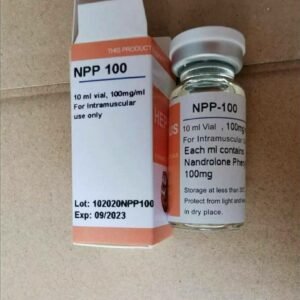
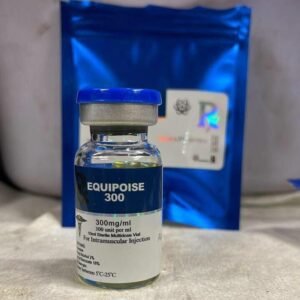
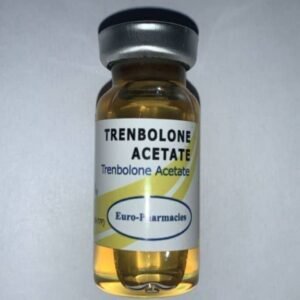
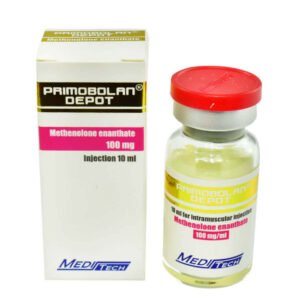
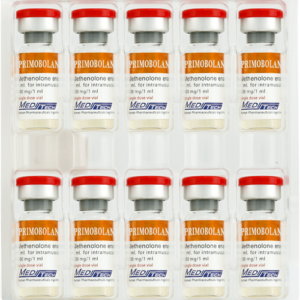
4 reviews for HGH (Human Growth Hormone)